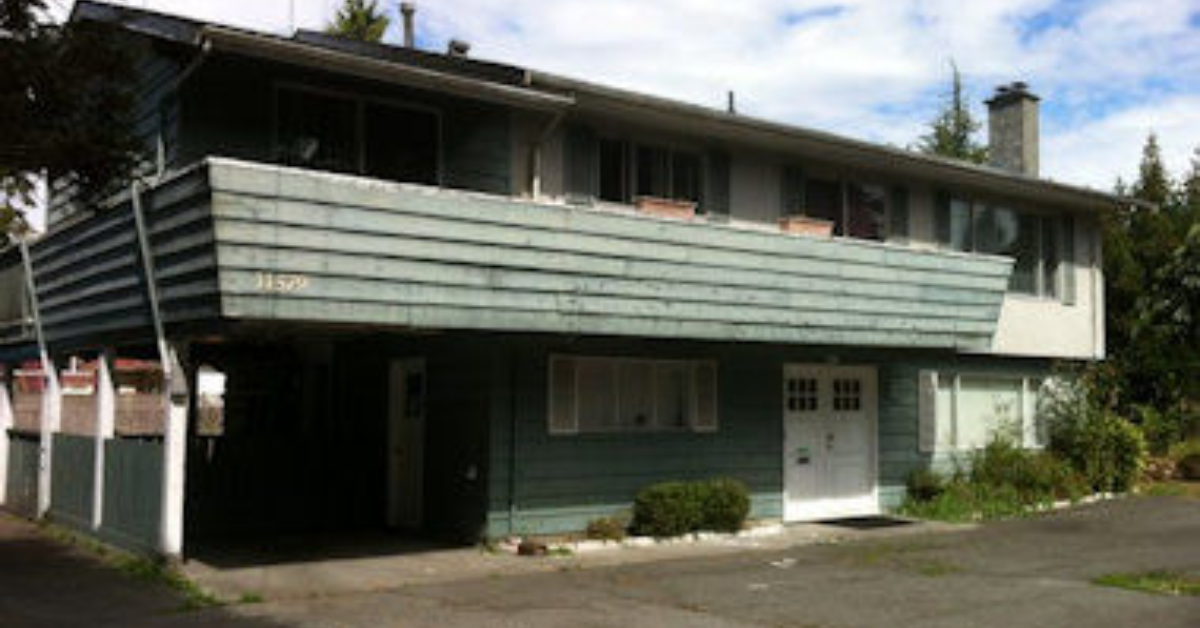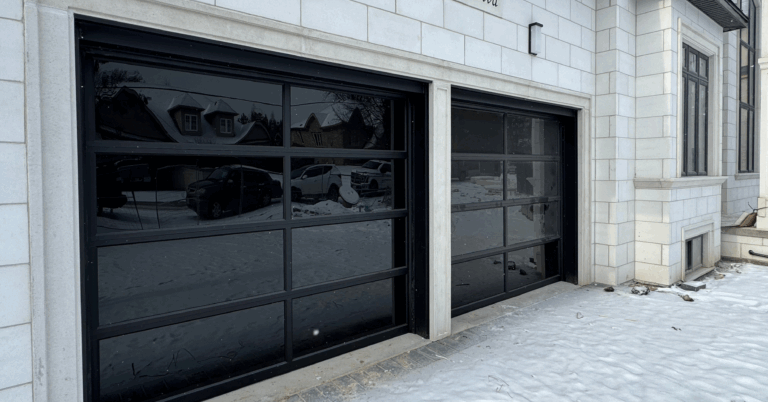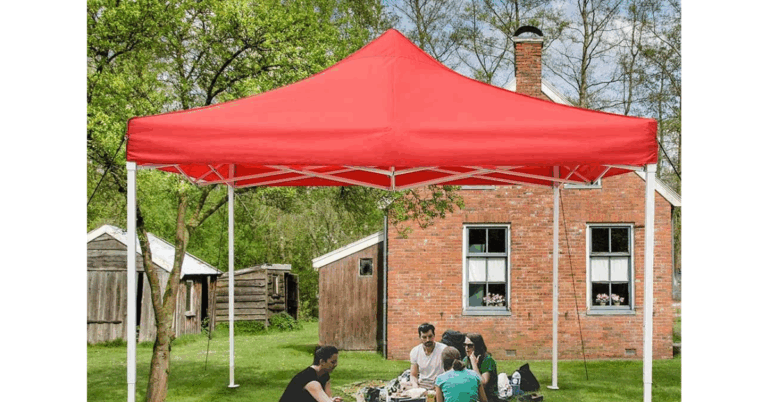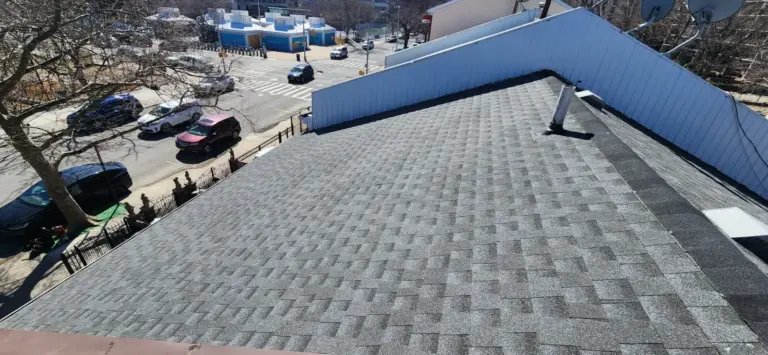My House Isn’t Selling – Here’s What You Can Do About It
Trying to sell your house can be an emotional and frustrating experience—especially when it sits on the market for weeks or months without any serious interest. If you find yourself constantly wondering, My House Isn’t Selling, you’re not alone. Many homeowners face this challenge, but the good news is that there are usually clear reasons behind it—and solutions that can turn things around.
In this article, we’ll dive into the most common reasons your house might not be selling, practical tips to make it more attractive to buyers, and frequently asked questions that sellers often have.
1. Your Asking Price Is Too High
One of the top reasons a house doesn’t sell is overpricing. Even in a seller’s market, buyers won’t pay more than what they believe a home is worth. If your property is priced significantly above comparable homes in your area, it may deter potential buyers before they even schedule a visit.
Solution:
Do a comparative market analysis (CMA) or consult a real estate professional to review recent sales of similar homes. Adjust your price accordingly to reflect market realities.
2. Poor First Impressions
Curb appeal matters. If buyers aren’t impressed with your home’s exterior, they may not even bother going inside. Peeling paint, overgrown lawns, cluttered porches, or outdated fixtures can all leave a negative first impression.
Solution:
Spend time improving the outside appearance of your home. This could include landscaping, painting the front door, replacing an old mailbox, or adding outdoor lighting.
3. The Interior Needs Updates or Repairs
If your house feels outdated or needs noticeable repairs, buyers may be turned off or expect a price reduction. Kitchens, bathrooms, and flooring are especially influential in a buyer’s decision.
Solution:
You don’t necessarily need a full renovation. Minor updates like new cabinet hardware, a fresh coat of paint, or modern light fixtures can go a long way. Also, fix any leaky faucets, cracked tiles, or broken handles.
4. Poor Quality Photos
Most buyers begin their search online. If your listing photos are dark, blurry, or poorly composed, your home won’t stand out. You might only get one chance to make a strong visual impression.
Solution:
Invest in professional photography. High-quality, well-lit photos that show your home’s best features can significantly increase interest. Consider adding a virtual tour or video walkthrough for added impact.
5. Your Home Is Too Personalized
It’s natural to decorate your home to reflect your personality, but bold color choices, unique furniture, or highly personal items (like family portraits) can prevent buyers from seeing themselves in the space.
Solution:
Neutralize your home. Use neutral colors, remove overly personal items, and stage rooms in a way that allows buyers to imagine how they’d use the space.
6. Inconvenient Showing Schedule
If your home isn’t available for showings at convenient times, buyers may skip it and move on to another listing. A tight or inflexible schedule can reduce your home’s visibility.
Solution:
Make your home as accessible as possible for viewings. Be flexible with your schedule, and consider using a lockbox system if appropriate.
7. Market Conditions Have Changed
Sometimes, the broader real estate market slows down due to interest rate hikes, economic changes, or seasonal fluctuations. This can lead to fewer buyers and longer selling times.
Solution:
Stay informed about local market trends. If you’re not in a hurry, waiting for better conditions may be an option. Otherwise, pricing competitively and marketing aggressively can help you sell in a slower market.
8. Ineffective Marketing
If your home isn’t being seen by the right audience, it won’t sell. Relying on just one platform or an outdated marketing strategy could limit your reach.
Solution:
Use multiple online platforms, social media, real estate websites, and signage to increase visibility. Ensure your home is listed on the major real estate websites and that the description is well-written, clear, and highlights key features.
9. Unpleasant Odors or Mess
Unpleasant smells—whether from pets, cooking, smoke, or mildew—can be a deal-breaker. Similarly, clutter or untidiness can make a home seem smaller and less appealing.
Solution:
Deep clean your home, including carpets, curtains, and upholstery. Keep it tidy and odor-free for every showing. A fresh scent or subtle use of air fresheners or scented candles can create a welcoming environment.
10. You’re Not Working With the Right Agent (or Selling Alone)
An experienced, proactive real estate agent can make a big difference. If you’re selling on your own (FSBO) or working with someone who isn’t actively marketing your home, it may affect the results.
Solution:
Choose a real estate agent with local expertise, a strong marketing plan, and a good track record. Ask questions about their strategy and how they plan to get your house sold.
Tips to Boost Your Home’s Appeal
Depersonalize and declutter: Let buyers imagine themselves living in your home.
Stage rooms effectively: Show the purpose of each room clearly.
Highlight unique features: If your home has a fireplace, garden, or home office, make sure it’s showcased.
Keep it clean: A spotless home feels well cared for.
Update lighting: Bright, natural light makes a home feel larger and more welcoming.
Frequently Asked Questions (FAQ)
Q1. How long should I wait before adjusting the price of my home?
If your house hasn’t received serious interest or offers after 3–4 weeks on the market, it may be time to consider a price adjustment based on feedback and local market trends.
Q2. Should I renovate before selling my house?
Minor updates and repairs can add value and help your home sell faster. Full renovations may not be necessary unless the home is significantly outdated or in poor condition.
Q3. What is home staging and is it worth it?
Home staging involves furnishing and decorating your home to make it more appealing. It can help buyers visualize the potential of the space and may result in a quicker sale or higher offers.
Q4. Does the season affect home sales?
Yes, homes typically sell faster in the spring and summer when more buyers are actively looking. However, serious buyers exist year-round, so with the right strategy, you can sell in any season.
Q5. Is it okay to sell without an agent?
You can sell without an agent (FSBO), but it requires more effort in pricing, marketing, legal paperwork, and negotiations. Hiring a knowledgeable agent can ease the process and often results in a faster, smoother sale.
Q6. How do I handle negative feedback from showings?
Take feedback constructively. It’s an opportunity to make improvements. If multiple people point out the same issue—such as outdated paint or high price—addressing it could help your home sell.
Q7. Can I still sell my house if the market is slow?
Yes, but it might require more effort. You’ll need to be more competitive in pricing and creative with marketing. Working with a skilled real estate agent can help you stand out even in a slow market.
Final Thoughts
Selling a home is part strategy, part presentation, and part patience. If your house isn’t selling, don’t lose hope. Take a step back, review the possible reasons, and make changes where needed. With the right approach, you’ll find the right buyer—it just might take a little tweaking and time.
Remember, every home has a buyer. It’s just a matter of ensuring yours is priced right, presented well, and seen by the right people.







